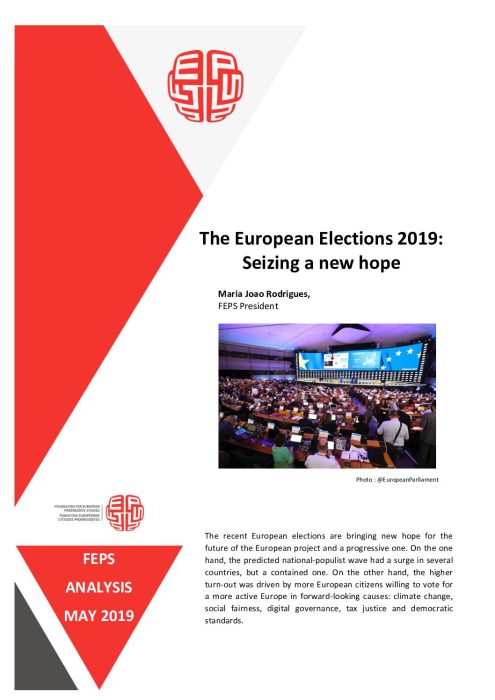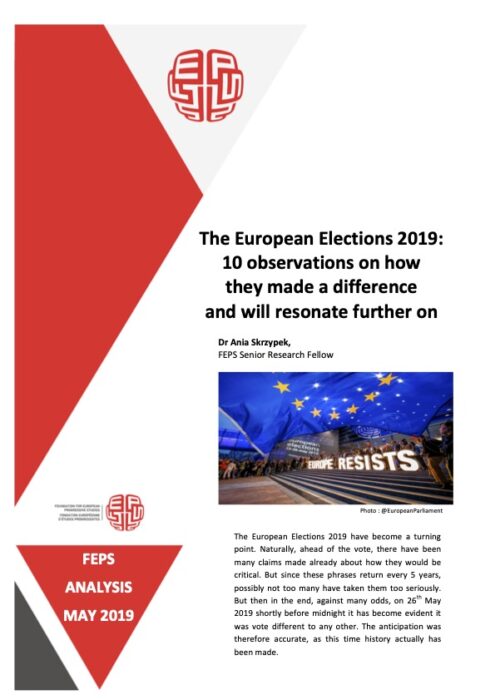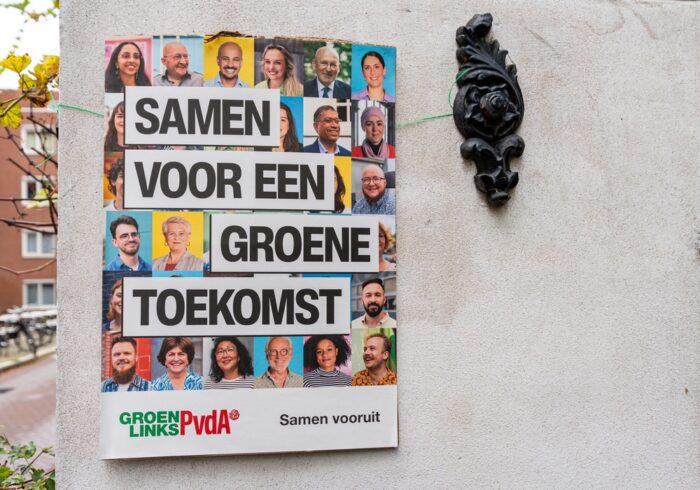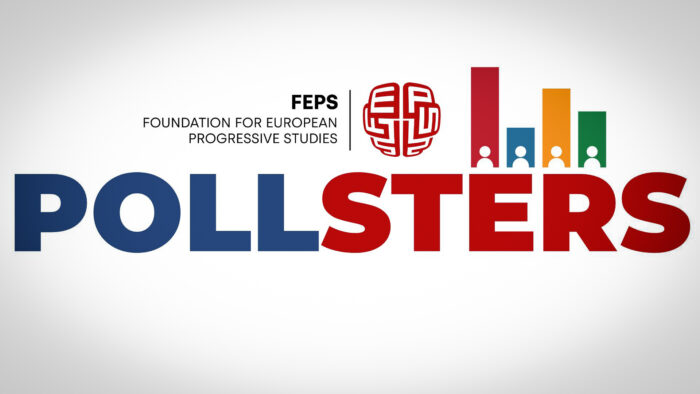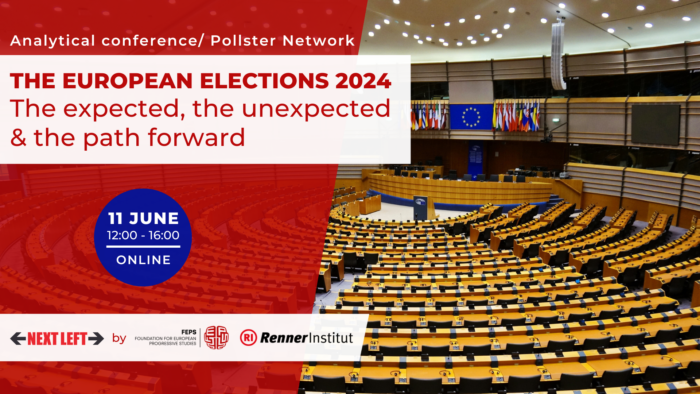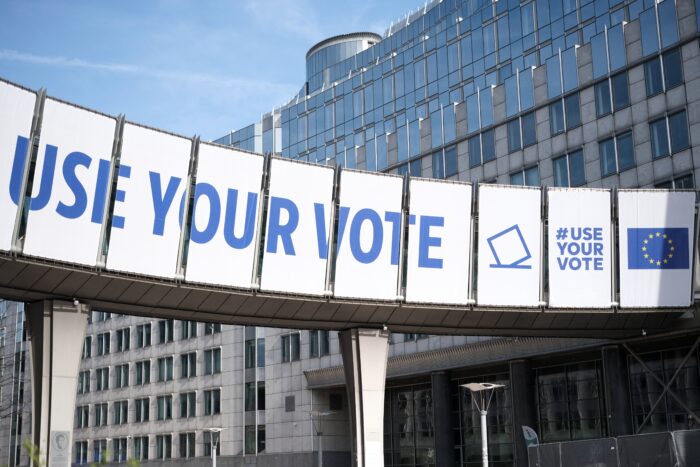Find all related publications
Publications
Find all related Progressive Post
Progressive Post
Find all related events
Events
Past
05 - 06/11/2025
Vilnius, Lithuania (Expert meeting)
11/06/2024
Online
04/04/2024
FEPS HQ (Expert meeting)
Load more...
Find all related Audiovisual
Audiovisual
13/10/2025
13/10/2025
01/10/2025
01/10/2025
Find all related news
News
Find all related in the media
In the media



